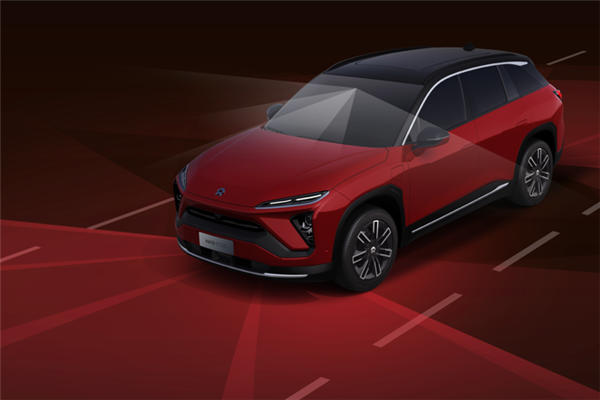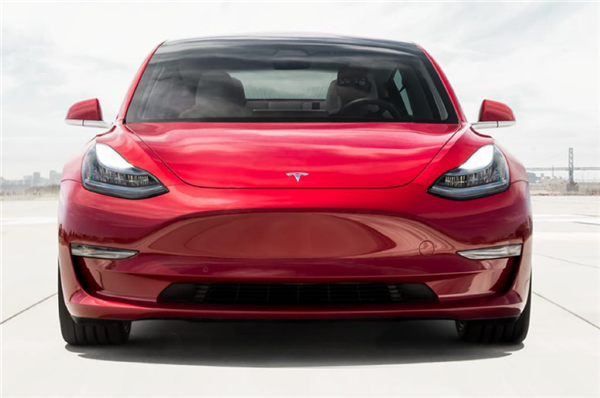China’s new energy PV wholesales continue to rebound in May
Shanghai (ZXZC)- Automakers in China sold roughly 70,200 locally-produced new energy PVs (NEPVs) in May, posting a year-on-year decline of 25.8%, while gaining a 19.5% growth compared to a month ago, according to the China Passenger Car Association (CPCA).
The wholesale volume of all-electric PVs (“BEV” for short) reached 55,829 units in May, tumbling 27% from a year earlier. The decrease stemmed from the downturn in car and SUV volumes, which slid 21% and 41% respectively to 41,529 units and 14,036 units. Although the MPV wholesales skyrocketed 3,671% to 264 units, it merely affected the result due to the small quantity.
Among BEVs sold in May, 54% of sales were contributed by China's self-owned brands. Besides, the foreign-invested brands, the startups and the mainstream joint-venture brands accounted for 20%, 15% and 11% of the May BEV wholesales respectively, according to Cui Dongshu, secretary-general of the CPCA.

(NIO ES6, photo source: NIO)
The startups have gradually become an important player in the country's NEV market with such EV makers as NIO, WM Motor, Xpeng Motors and HOZON Auto engaged in mass production.
With 2,685 units delivered, the NIO ES6 was honored the hottest-selling NEV model made by Chinese startups in May. The automaker also sold 751 ES8s during the same period.
“We are pleased to see the strong monthly deliveries despite fewer working days due to the public holiday in May. We expect to achieve the delivery goal for the second quarter 2020,” said Steven Feng, chief financial officer of NIO.
After confronted with a sharp decline in April, Tesla's China-built Model 3 was once again crowned the best-selling NEPV model with a sales volume of 11,095 units in May, which skyrocketed 205% from April.

(China-made Model 3, photo source: Tesla's WeChat account)
Mr. Cui said it is normal to see Tesla record over 10,000 units in both monthly outputs and sales. Aside from the stable growth in orders, the production of the China-made Model 3 is being conducted in an orderly manner. In spite of the influence led by its changeable prices, Tesla is still well received by Chinese consumers by virtue of its powerful product competitiveness.
The robust growth in Model 3 sales manifested the catfish effect stemming from the government's introduction of Tesla, which gives impetus to the development of China's NEV industry and makes NEVs better received by Chinese consumers, Mr. Cui added.
During the same month, a total of 14,370 plug-in hybrid PVs (“PHEV” for short) were sold across China, representing a year-on-year plunge of 31%.
Due to the weakness in brand familiarity and supply chain, China's indigenous brands are losing the majority share in PHEV market, said Mr. Cui. In May, the percentage belonging to joint-venture and China's self-owned PHEVs stood at 33% and 30% respectively.
Regarding retail performance, there were around 65,700 consumers taking delivery of the China-made NEPVs. The delivery volume was projected to drop last month after the newest NEV subsidy policy was issued in April, while it eventually outnumbered that of the previous month as the overall market was resilient with the coronavirus abating.

